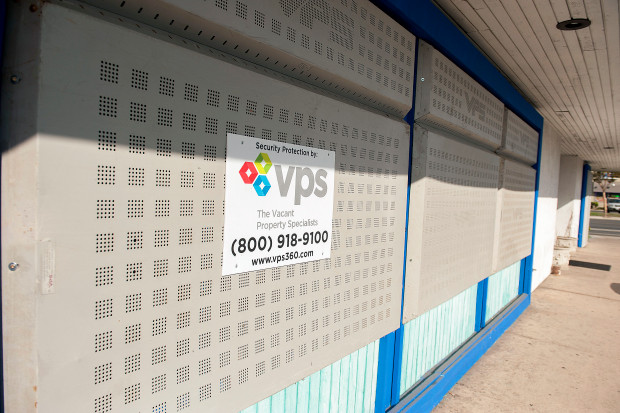If it wasn’t for the smell, shoppers who wander into the bright red building along S. Wright Street in Santa Ana might think they are walking into an Apple store.
The open room — covered in concrete, wood and steel — is anchored by long tables with rows of iPads waiting to be touched. But instead of showing off the latest apps, these iPads display the price and potency of hundreds of prettily packaged marijuana products, from flowers and waxes to breath mints and bath bombs.
MedMen Santa Ana is the latest licensed medical marijuana dispensary to open in Orange County. And, as its city-specific name suggests, it’s part of growing national chain of businesses managed by the MedMen brand.
The Los Angeles-based company embodies what many tout — and some fear — is the future of the industry, as the cannabis business transforms into a regulated, commercial marketplace.
“We’re unapologetically capitalist,” said Daniel Yi, spokesman for MedMen. “Our ambition is to be a national company.”
Their mission along the way is to “mainstream” marijuana, Yi said. In his view, that means normalizing the buying process for everyone and expanding the market beyond serious medical patients and closeted recreational users to groups like “Chardonnay moms” who want to swap their wine for weed.
For now, anyone 21 and over can enter MedMen’s Wright Street shop to flip through digital menus, though only people with medical clearance can actually buy product. Starting Jan. 1, state law will allow recreational users to buy cannabis, though it’s unclear if Santa Ana will allow recreational sales in the MedMen shop.
Until then, browsers can walk into the store and sniff color-coded flower strains through tiny windows in patent-pending bud cases and check out products from cannabis brands such as Beboe, which the New York Times recently called the “Hermes of marijuana.”
The store doesn’t have a cordoned-off waiting area that’s common in most cannabis dispensaries. Instead, everything is visible and easy to access. Yi said the idea is to send the message that the retailer — and the customers — have nothing to hide.
That message could be a potentially big shift in cannabis retailing. Most studies of states where recreational use is legal suggest legalization sparks a slight uptick in overall consumption, but mostly among the same people who used cannabis when it was illegal. New users, the data suggests, haven’t really jumped aboard. Getting rid of the stigma might change that.
“We want to broaden the base,” Yi said.
It hasn’t sunk in yet for some. On Wednesday, a woman came into the shop, declined to be photographed and said she’d get in trouble at work if it were known she’d visited a dispensary.
Despite the lingering stigma, and threats of a federal crackdown from Attorney General Jeff Sessions, Yi said his company is moving forward on plans to expand nationally by applying traditional retail and other business practices to the cannabis industry.
To oversee MedMen’s marijuana farms that supply the shops in Santa And and beyond, they didn’t hire a master cannabis cultivator with years of experience growing weed. Instead, they hired an agriculture expert who previously worked for Eurofresh Farms, growing everything from tomatoes to cucumbers.
To run their extraction facilities (where cannabis bi-products are removed from the plants), they didn’t hire someone who perfected the art of cannabis oils in his parents’ garage or an illicit warehouse. They hired a scientist with a PhD in chemistry.
Longtime marijuana advocates might call the people behind MedMen as “greenrushers” — outsiders who’ve jumped into the cannabis industry amid the legalization hype.
Yi said they frequently hear from small business owners at industry conferences and conventions who are concerned they’ll be swallowed up and squeezed out by bigger players. But he doesn’t see it as an “either/or” scenario, insisting there’s room for boutique, mom-and-pop businesses alongside national chains like his, which has grown five-fold over the past year
Others in the cannabis industry soon started asking Modlin and Bierman for advice about how to market their shops and navigate the tricky legal landscape. So, in 2012, they launched a cannabis consulting business. That soon evolved into a cannabis management services firm, with licensed dispensaries, cultivation sites and manufacturing facilities across the country.
Yi likens the operation to the casino industry, where brands like Hard Rock lend their name and management skills to operators who actually own the land and hold the gambling licenses.
credit:thecannifornian.com



